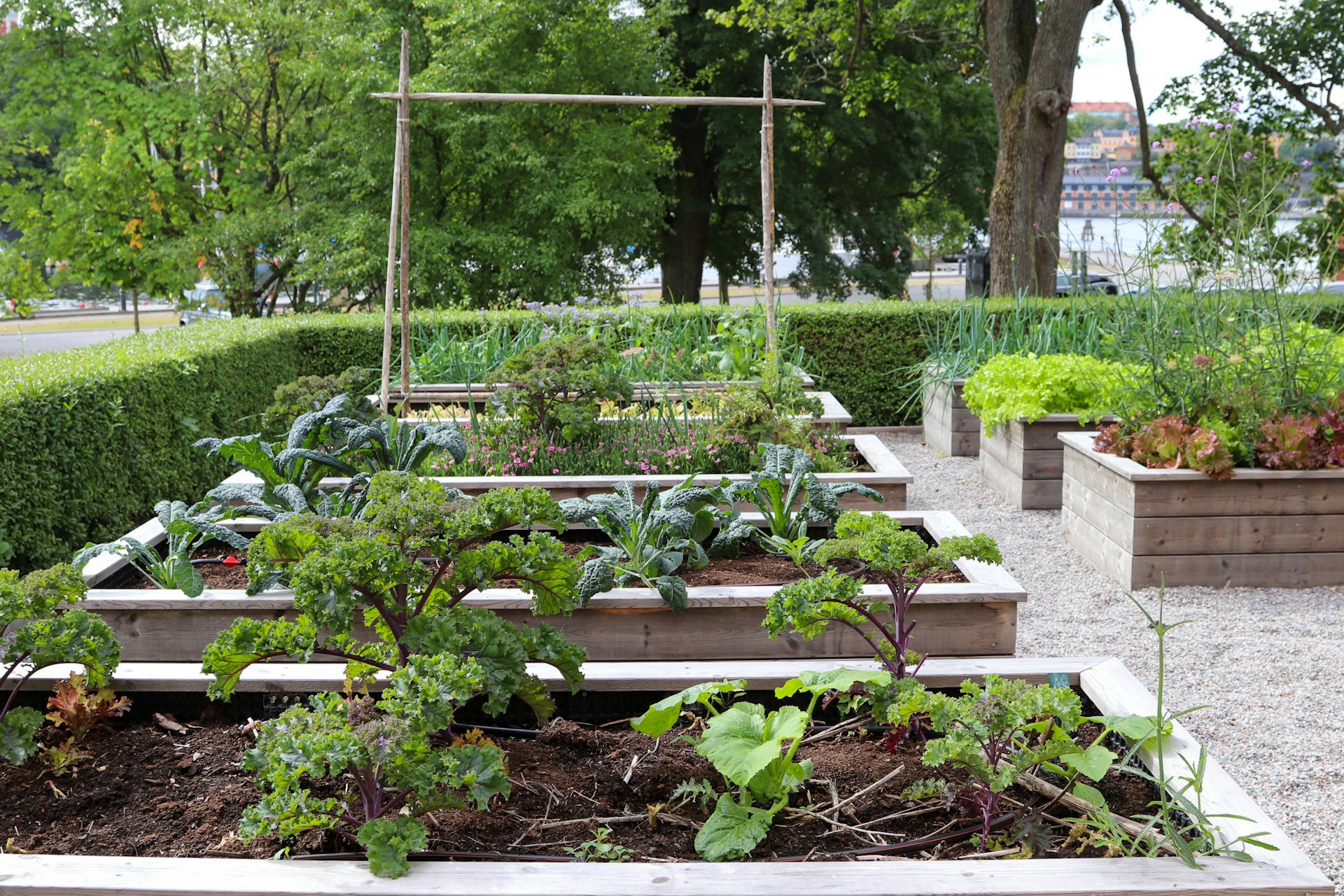Elevate Your Life: Transformative Power of Daily Gratitude Rituals

Photo by Mink Mingle on Unsplash
Introduction
Integrating gratitude rituals into daily life is increasingly recognized as a powerful catalyst for lifestyle transformation. Rooted in both scientific research and lived experience, these practices offer a pathway to enhanced well-being, resilience, and purposeful living. This article explores the mechanisms by which gratitude rituals shape mindset, provides practical steps for implementation, highlights real-world outcomes, and offers alternatives for sustained transformation.
Understanding Gratitude Rituals: Foundations for Change
Gratitude rituals are intentional practices designed to cultivate appreciation for the positive aspects of life, whether they are significant milestones or simple daily moments. Psychological research consistently demonstrates that such rituals can rewire thought patterns, leading to improved mental health and overall life satisfaction [1] . By consciously focusing on what one has, rather than what is lacking, individuals foster a mindset that supports emotional stability, reduces stress, and enhances relational bonds [5] .
According to experts, dedicating just 15 minutes daily to gratitude rituals-such as journaling or mindful reflection-can yield measurable benefits within weeks, including better sleep, reduced anxiety, and deeper connections with others [1] . The effects typically intensify with consistent practice over three months or more.
Core Benefits of Gratitude Rituals in Lifestyle Transformation
Gratitude rituals offer a multi-dimensional impact on personal transformation:
- Mental Well-being: Regular gratitude practice is linked to reduced symptoms of depression and anxiety. By shifting attention toward positive experiences, gratitude helps counteract negative thinking patterns and builds emotional resilience [3] .
- Physical Health: Studies indicate that thankful individuals typically enjoy better overall health, experience fewer physical symptoms, have more energy, and even report higher income and larger social networks. These outcomes stem from the holistic shift in perspective that gratitude encourages [5] .
- Relationship Enrichment: Expressing appreciation strengthens interpersonal bonds, fosters trust, and enhances social support systems. This is critical for both personal and professional growth [3] .
- Resilience in Adversity: Practicing gratitude during challenging times helps individuals maintain perspective, find meaning, and adapt constructively to change [1] .
Implementing Daily Gratitude Rituals: Step-by-Step Guidance
To unlock the transformative power of gratitude, consider the following step-by-step implementation strategies:
1. Start Your Day with Intentional Gratitude
Upon waking, take a quiet moment to reflect on three things you appreciate-these can be as simple as a restful night’s sleep, the opportunity for a new day, or the support of loved ones. This primes your mind for positivity and sets a constructive tone for the day ahead [2] .
2. Maintain a Gratitude Journal
Dedicate a notebook to documenting daily moments of gratitude. Write in detail about experiences, people, or aspects of yourself that you value. Research suggests that the act of writing deepens the emotional impact and builds consistency in the practice [1] . For those who prefer digital tools, a variety of journaling apps are available as alternatives.
3. Express Appreciation to Others
Make it a habit to acknowledge and thank people in your life-whether through handwritten notes, spoken words, or small gestures. This not only enhances your mood but also strengthens your relationships and creates a ripple effect of positivity [4] . If you work in a team environment, consider implementing regular “gratitude circles” or recognition sessions.
4. Practice Mindful Gratitude Throughout the Day
Incorporate gratitude into daily routines-pause before meals to appreciate the food and the effort behind it, or take mindful nature walks to absorb and appreciate your surroundings [4] . Guided meditation can further support this practice, offering a structured approach to present-moment awareness and appreciation.

Photo by Anway Pawar on Unsplash
5. Reflect and Reset at Day’s End
Before sleep, review your day and acknowledge moments, big or small, that brought joy, learning, or comfort. This reflection reinforces a positive outlook and can improve sleep quality [1] .
Overcoming Common Challenges and Sustaining the Practice
While gratitude rituals are simple in theory, consistency can be a hurdle. Many individuals face obstacles such as skepticism, lack of time, or emotional resistance during difficult periods. To address these challenges:
- Start Small and Be Specific: Focus on manageable practices-one or two minutes daily can be sufficient at first. Rather than general statements, note specific details (“I appreciated my coworker’s support during a meeting” instead of “I’m thankful for my job”).
- Build Accountability: Share your goals with a friend or join a gratitude group, either in-person or virtually. Some wellness retreats and centers, such as Palmaïa, The House of AïA, offer structured gratitude sessions as part of their programs [4] . You may explore similar offerings by searching for local wellness retreats or community centers in your area.
- Adjust as Needed: If journaling feels tedious, try voice notes or visual gratitude boards. Flexibility supports sustainability.
- Seek Guidance: If you find it difficult to cultivate gratitude on your own, consider connecting with a therapist or counselor experienced in positive psychology. Many mental health professionals offer structured gratitude interventions as part of their services. To find a qualified provider, search for “positive psychology therapist” or “gratitude coaching” along with your city or region.
Real-World Examples and Case Studies
Across diverse contexts, gratitude rituals have led to tangible results:
- A professional facing a career transition used daily gratitude journaling to maintain optimism, which helped navigate stress and identify new opportunities [3] .
- Individuals coping with loss or adversity found that expressing gratitude for small joys enabled them to build emotional strength and resilience.
- Wellness programs at resorts like Palmaïa integrate communal gratitude rituals, fostering a collective sense of appreciation and well-being among guests [4] .
Alternative Pathways and Additional Resources
For those seeking to deepen their gratitude practice, options include:
- Guided Group Sessions: Community centers, spiritual organizations, and wellness retreats often host gratitude circles or workshops. Search for “gratitude group near me” or inquire at local wellness facilities.
- Online Courses: Many reputable platforms offer courses on gratitude and positive psychology. Examples include Coursera, Udemy, and edX-search for “gratitude course” or “positive psychology online” to find current offerings.
- Therapeutic Support: Licensed counselors and therapists can help tailor gratitude interventions for your specific needs. Visit the American Psychological Association’s website or use psychology professional directories to locate qualified providers.
Remember to always verify the credibility and credentials of organizations or providers before enrolling or seeking support. If in doubt, consult with your healthcare provider or local community resources for referrals.
Key Takeaways
Gratitude rituals stand as a cornerstone of meaningful lifestyle transformation. By implementing daily practices, embracing adaptability, and seeking community or professional support when needed, individuals can unlock greater well-being, resilience, and fulfillment. The journey to transformation is personal and ongoing, but with commitment and patience, gratitude can truly reshape your mental and emotional landscape.
References
- [1] Laura Nguyen (n.d.). Unlocking the Benefits of Gratitude.
- [2] Yesto Therapy (2023). Transforming Your Life Through a Fall Gratitude Practice.
- [3] Mal Paper (2024). The Role of Gratitude in Personal Transformation.
- [4] The House of AïA (2024). Gratitude Rituals: Embracing a Life of Gratitude.
- [5] Vensure (n.d.). How Gratitude Can Transform Your Life.
MORE FROM cheerdeal.com













